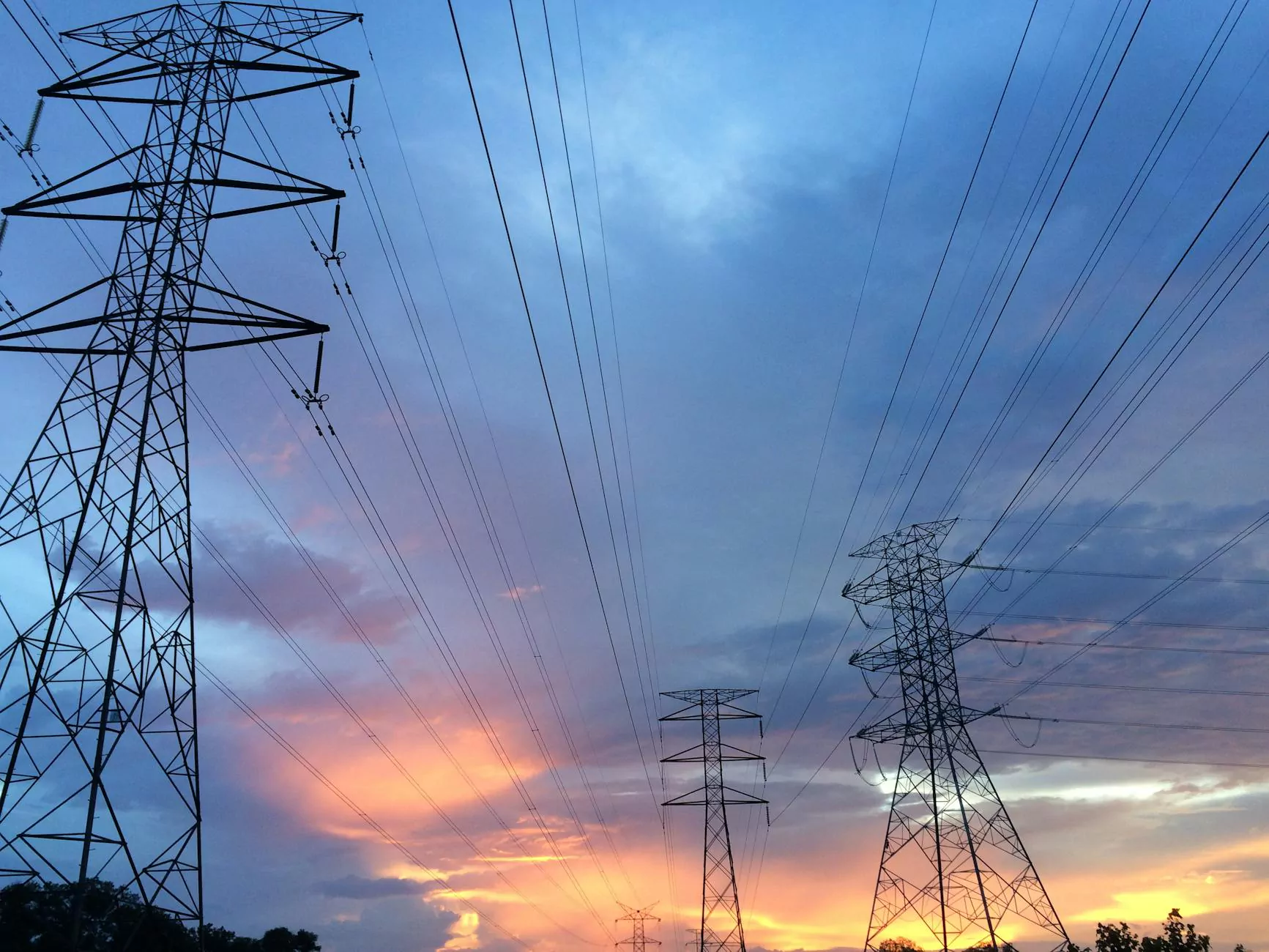Understanding **Water Purifiers**: The Key to Pure Water

In a world where clean drinking water is essential for health and well-being, the significance of water purifiers cannot be overstated. This comprehensive article will delve into the various aspects of water purification, exploring the science behind it, the different types of purifiers available, and how to select the best product for your home or business.
Why Water Purifiers Are Essential
Access to safe drinking water is a fundamental human right. Unfortunately, not all available water sources meet the safety standards necessary for drinking. Undergoing various contaminants, water from municipal supplies or private wells may contain bacteria, viruses, heavy metals, and chemicals that pose health risks. Here’s why investing in water purifiers is crucial for your health:
- Health Benefits: Regular consumption of contaminated water can lead to various health issues, including gastrointestinal diseases and other serious conditions. Water purifiers eliminate harmful pathogens, ensuring that your drinking water remains safe.
- Taste Improvement: Many impurities can alter the taste of water, making it unpleasant to drink. Water purifiers enhance the flavor and aroma of your H2O, encouraging you and your family to stay hydrated.
- Cost-Effective: Instead of buying bottled water, which can be expensive, a water purifier offers a long-term solution that saves you money and reduces plastic waste.
Types of Water Purifiers: Which One Is Right for You?
With numerous types of water purifiers on the market, choosing the right one can be overwhelming. However, understanding the different types can help you make an informed decision:
1. Reverse Osmosis (RO) Purifiers
Reverse Osmosis is one of the most effective water purification methods available. It operates by forcing water through a semi-permeable membrane, effectively removing impurities, contaminants, and even dissolved salts.
- Advantages: Highly effective in removing heavy metals, TDS (Total Dissolved Solids), and specific micro-organisms.
- Disadvantages: Wastes a certain amount of water and may require regular maintenance.
2. Ultraviolet (UV) Purifiers
UV purifiers use UV light to kill bacteria, viruses, and other microorganisms in water. This method is chemical-free and leaves no residue, making it a safe choice for purification.
- Advantages: Highly effective against microorganisms without chemicals.
- Disadvantages: Does not remove chemical contaminants or physical impurities.
3. Activated Carbon Filters
Activated carbon is one of the most widely used methods of water purification. These filters effectively remove chlorine, sediment, and volatile organic compounds (VOCs) through adsorption.
- Advantages: Improved taste and odor removal; simple and economical.
- Disadvantages: Must be replaced regularly and may not remove all contaminants.
4. Gravity-Based Purifiers
Gravity-based purifiers operate on the principle of gravity and do not require electricity. Water flows through multiple filters, effectively removing common contaminants.
- Advantages: Cost-effective, energy-efficient, and can be used in areas with limited electricity.
- Disadvantages: Slower filtration process and may not be suitable for highly contaminated water.
Factors to Consider When Choosing a Water Purifier
Selecting the right water purifier involves carefully considering various factors. Here are some key aspects to evaluate:
1. Water Quality Check
Before investing in a water purifier, conduct a test of your water quality. Understanding its chemical and biological composition will help you choose the most effective purification method.
2. Capacity Requirements
Consider the consumption pattern of your household or business. A water purifier with a higher capacity is essential for larger families or workplaces while smaller units can suffice for limited use.
3. Maintenance and Running Costs
Evaluate the maintenance requirements and operational costs associated with the water purifier. Models requiring regular filter replacement can incur additional expenses over time.
4. Energy Efficiency
If you are environmentally conscious, consider the energy consumption of the appliance. Some water purifiers use electricity, while others rely on gravity and manual methods, which are more sustainable.
5. Brand Reputation and Certifications
Choose brands that are recognized for quality and reliability. Check for certifications from health and safety organizations to ensure the product’s effectiveness and safety.
Installing and Maintaining Your Water Purifier
Once you have chosen the right water purifier, installation and maintenance are critical to ensure its longevity and efficiency. Here are best practices:
Installation Guidelines
- Follow Manufacturer Instructions: Carefully read the user manual provided with the device to ensure proper installation.
- Location Matters: Place your water purifier in a clean, dry area for optimal performance.
Maintenance Tips
- Regular Filter Replacement: Adhere to the manufacturer's schedule for filter changes to maintain quality.
- Clean the Tank: Periodically disinfect the storage tank and external surfaces to prevent bacterial growth.
- Check for Leaks: Regularly inspect the purifier for any leaks or significant changes in performance.
The Future of Water Purifiers
As technology advances, the future of water purifiers looks promising. Innovations in filtration technology, smart systems, and increased awareness regarding water safety are driving the development of more efficient solutions. Fully integrated systems that monitor water quality in real-time and prompt users for maintenance can become commonplace.
Conclusion
In conclusion, investing in a quality water purifier is essential for ensuring access to safe and healthy drinking water. With various options available, understanding your needs and maintaining your chosen device will lead to optimal performance and significant health benefits. Remember that choosing the right purifier involves considering your specific water quality, capacity needs, and your own commitment to maintenance.
For more information on water purification services, water suppliers, and finding the best water stores, visit bimakskimya.com.tr today!









